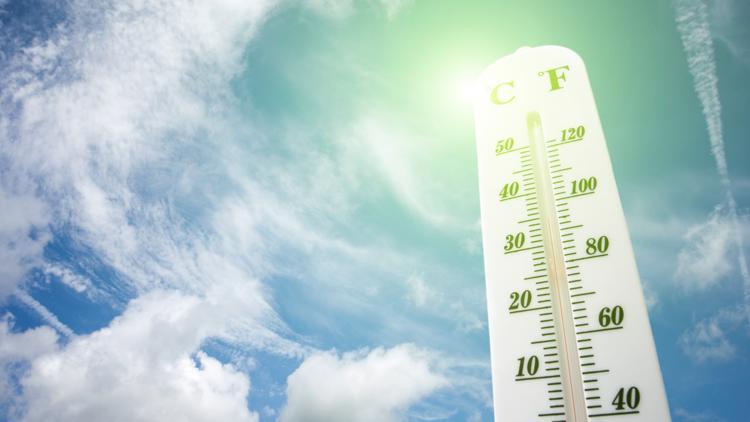HARRISBURG, Pa. — Governor Tom Wolf and his administration issued a warning to Pennsylvanians on Wednesday to be cautious in the midst of this week's hot, humid conditions.
The brunt of the message was directed at older Pennsylvanians, who may be less able to respond well to extreme temperatures and could be taking certain medications that can affect how a person's body reacts to heat.
"Some seniors may not have access to fans, air conditioners, or other support options to adequately get through a period of extreme heat, so it’s important that all of us check on our older family members, neighbors, and friends to make sure they stay cool and are managing well," Secretary of Aging Robert Torres said. "Pennsylvania's network of Area Agencies on Aging is a great resource for older adults to learn about senior community centers acting as cooling stations in their neighborhoods and other supports that may be available. Seniors can also check with their local municipality to find out if there are libraries, churches, or other facilities that may be offering opportunities to keep cool."
Seniors and all Pennsylvanians are urged to follow these safety tips to avoid heat-related illnesses:
- Drink plenty of water and do not wait until you are thirsty to drink more fluids;
- Avoid drinks with caffeine, alcohol, or large amounts of sugar, as they can cause dehydration (loss of body fluids);
- Stay indoors in air conditioning as much as possible – this is the best way to protect against heat-related illness and death;
- Avoid long periods in the direct sun or in unventilated rooms;
- If you must be outside in the heat, reschedule activities for cooler times of the day, and try to rest often in shady areas;
- Dress in light-colored, loose-fitting clothing, a wide-brimmed hat, and sunglasses, and use a sunscreen of SPF15 or higher;
- Take frequent baths or showers and remain in a cool place;
- Check on those who might be more at risk from high temperatures like infants, children, or older individuals; and
- Never leave children or pets inside vehicles.
“During this time of the year, we ask Pennsylvanians to be good neighbors and check on our most vulnerable citizens who may have limited mobility or may not have a way to easily escape the heat," Acting Secretary of Health and Pennsylvania's Physician General Dr. Denise Johnson said.
The most common heat-related illnesses are heat stroke and heat exhaustion. Heat stroke is the most serious heat-related illness. Warning signs include extreme body temperature, rapid pulse, throbbing headache, dizziness, and confusion. Heat exhaustion symptoms include heavy sweating, paleness, muscle cramps, tiredness, weakness, dizziness, headache, nausea, vomiting, and fainting.
If you or loved ones develop heat stroke symptoms, get medical assistance right away.
For more information, visit the Department of Health's website or call 1-877-PA-HEALTH (1-877-724-3258).



